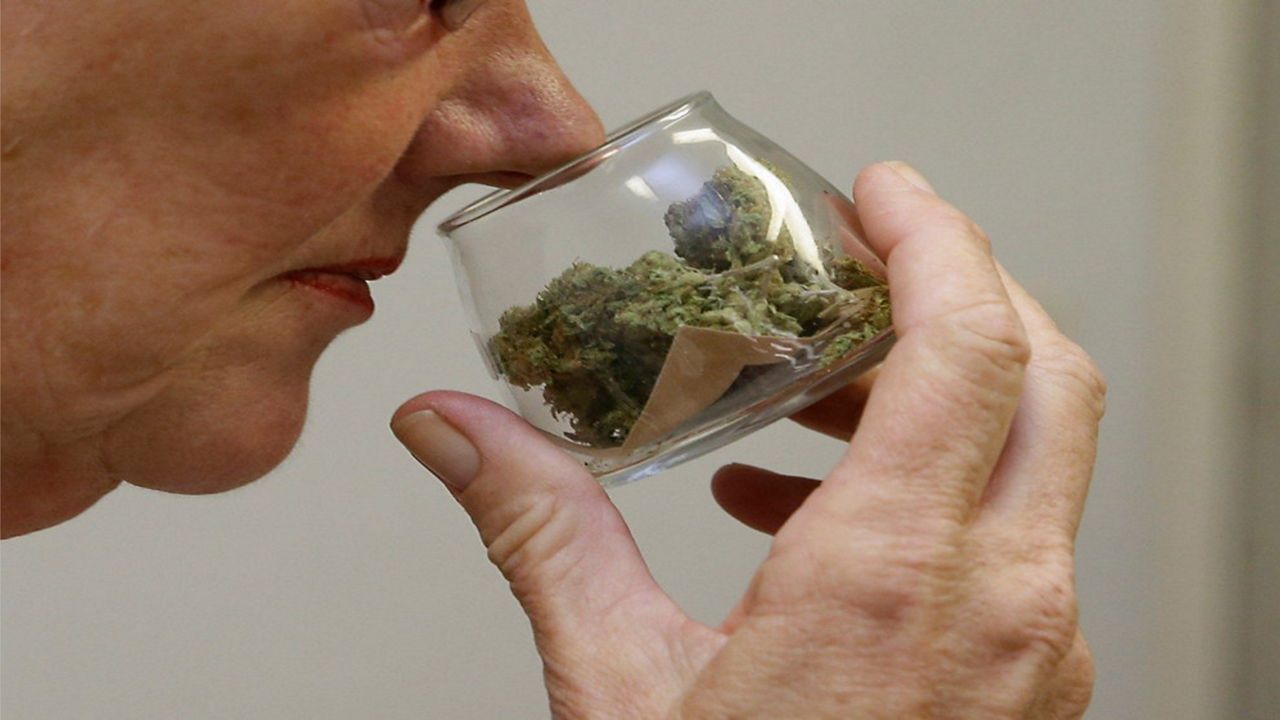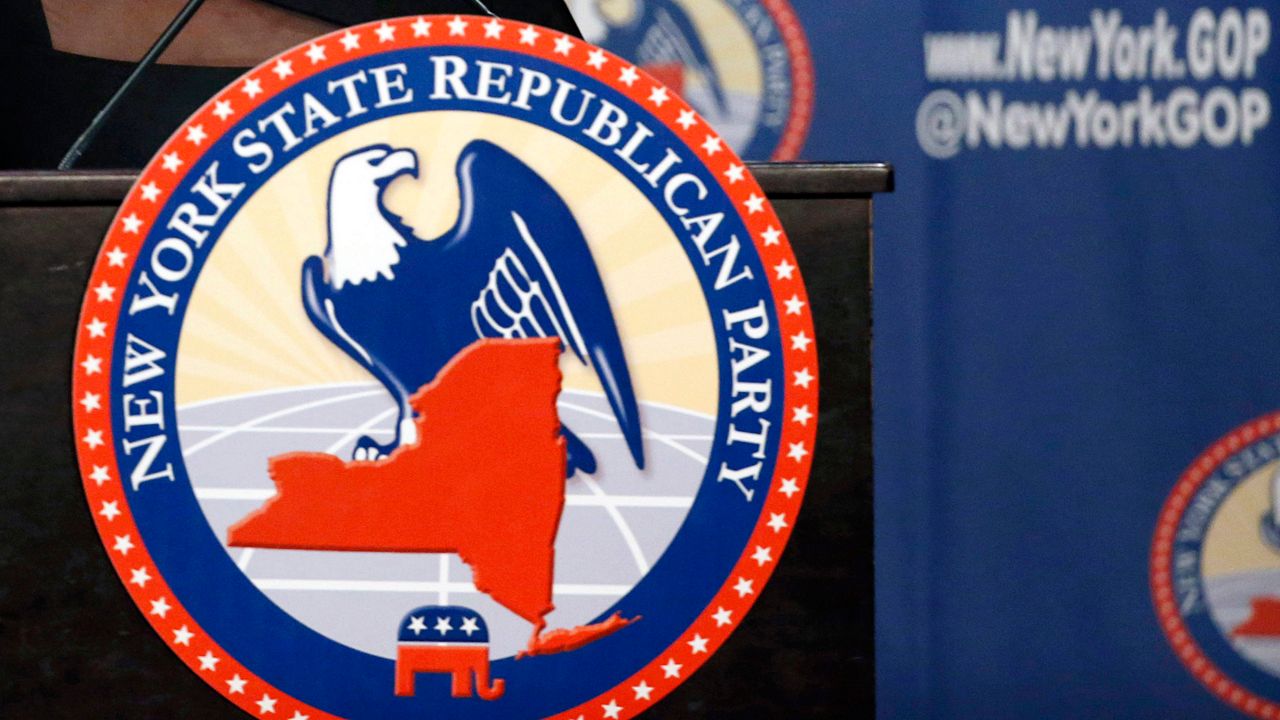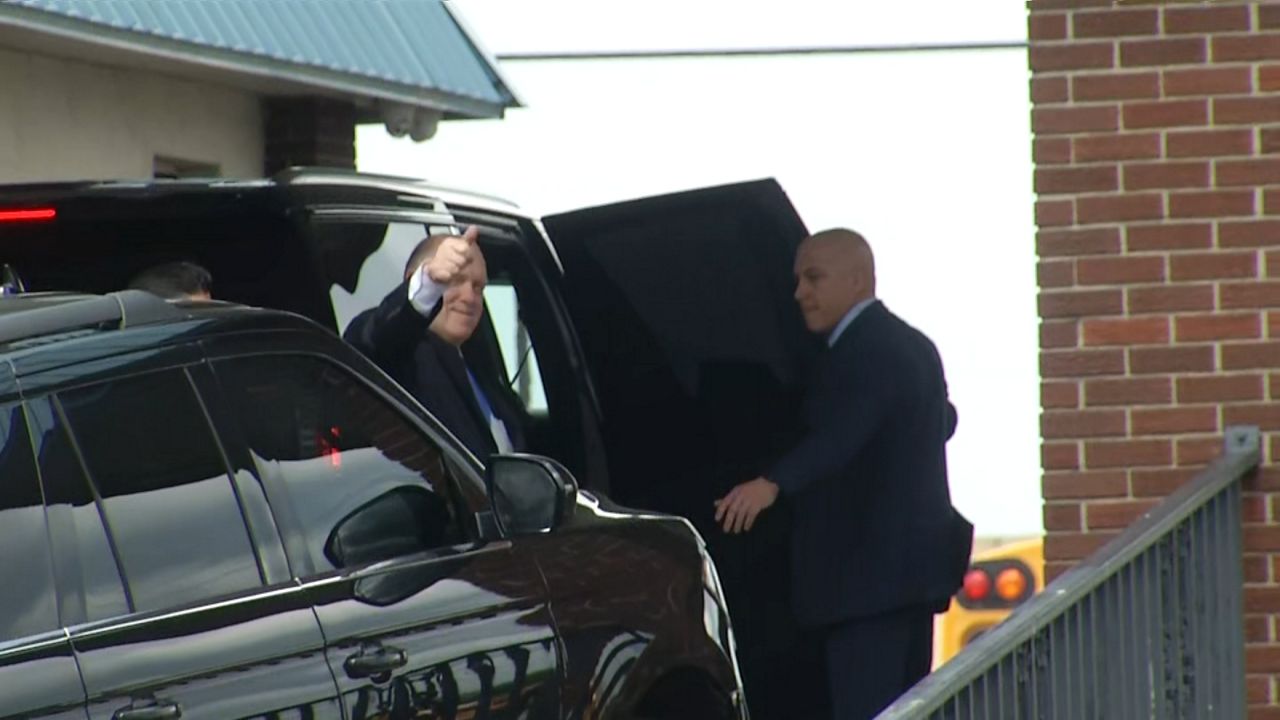Passing legislation to curb new natural gas hookups before session ends is looking grim.
Lawmakers will not likely pass the measure, coined the NY Home Energy Affordable Transition (NY HEAT) Act, after it was amended and resubmitted Wednesday to the Assembly Corporations, Authorities and Commissions Committee. The committee is not scheduled to meet again before the last day of scheduled legislative session on June 8.
It advanced through the Senate Energy Committee on Tuesday with advocacy from sponsor Sen. Liz Krueger.
"The entire system of gas infrastructure is old, and the repairs are costing us hundreds of millions of dollars more," the senator said at a rally in the Capitol for the HEAT Act on Tuesday. "Why? We're not even supposed to be using gas. We all know that."
The bill would change state law to stop utility companies from building new natural gas hookups used to generate electricity. It would also cap utility bills at 6% of their income for low- and moderate-income households, which advocates say could save affected families up to $75 per month.
The measure removes the 100-foot subsidy that expands gas systems using about $200 million of money paid by ratepayers each year.
"We're not really concerned that this will be shifted to other ratepayers," Krueger told Capital Tonight. "We are much more concerned that the cost of keeping a functioning modern gas pipe system will actually cost hundrds of billions of dollars that will fall on everyone."
The bill would also put the climate goals mandated in the Climate Act into public service law, and provide increased oversight of gas utilities to meet those benchmarks.
The HEAT Act was included in the state budget to compliment a mandate that new buildings are all-electric in the coming years. Sources say the measure was taken out of the budget after Assembly leaders became concerned about cost to utility companies and impact on the grid.
State Republicans have long decried the cost of transitioning to green energy and New Yorkers having to foot the bill.
Sen. Mark Walczyk says the state should work with utility companies on incentives to transition to clean energy and lower costs for consumers.
"If you really want a greener economy and you want to move to electrification, there's a way to work with utilities and our produces to do that to create market incentives for it," Walczyk said. "But moving things like this forward that are just going to be punitive and make things more expensive for New Yorkers is not the way to go."










)